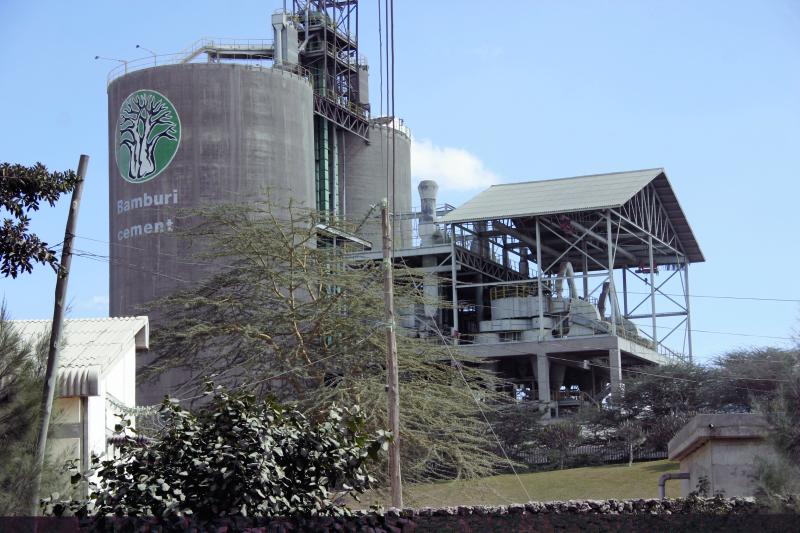×
The Standard e-Paper
Join Thousands Daily

Bamburi Cement factory [Courtesy]
Bamburi Cement has signed a power purchase agreement (PPA) with independent power producer Momnai Energy Ltd to set up two solar plants adjacent to the company’s Mombasa factory and Nairobi grinding plant.